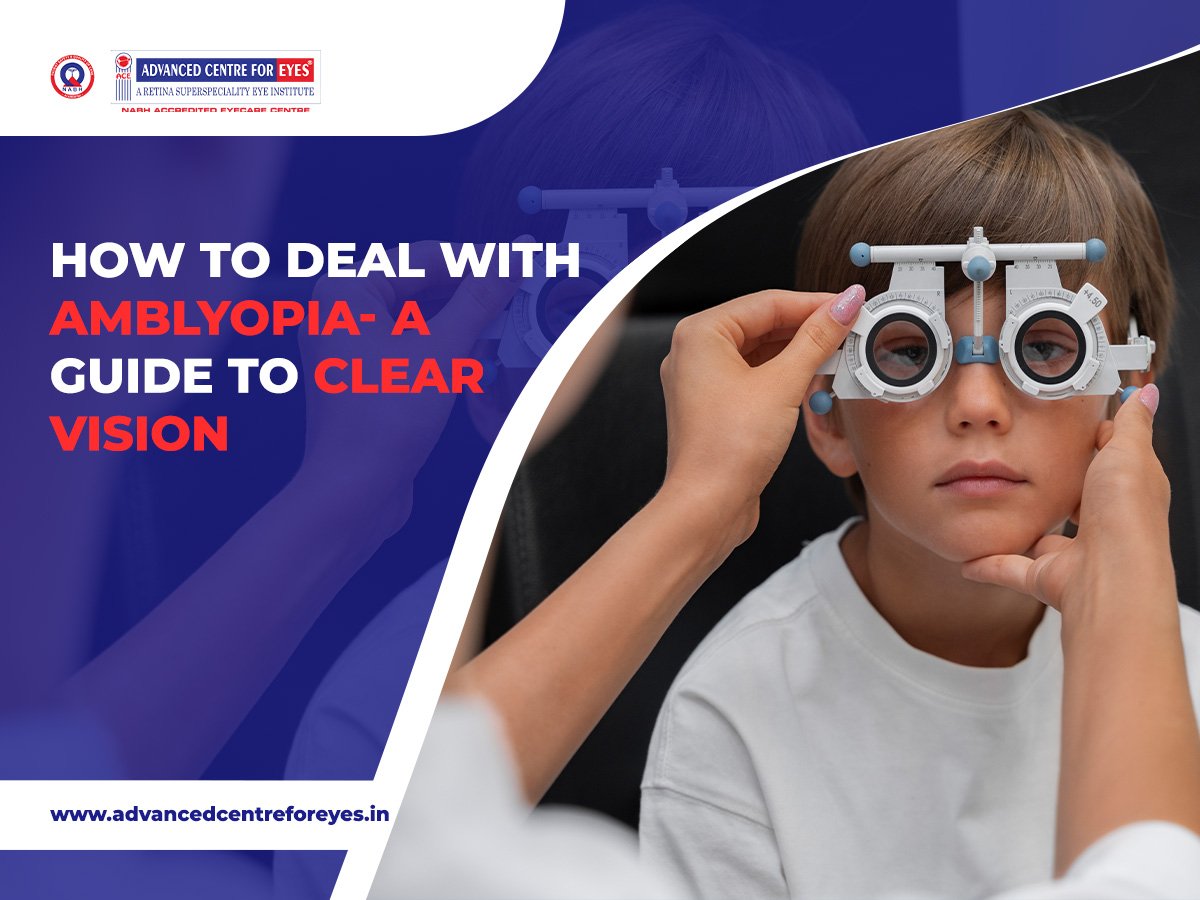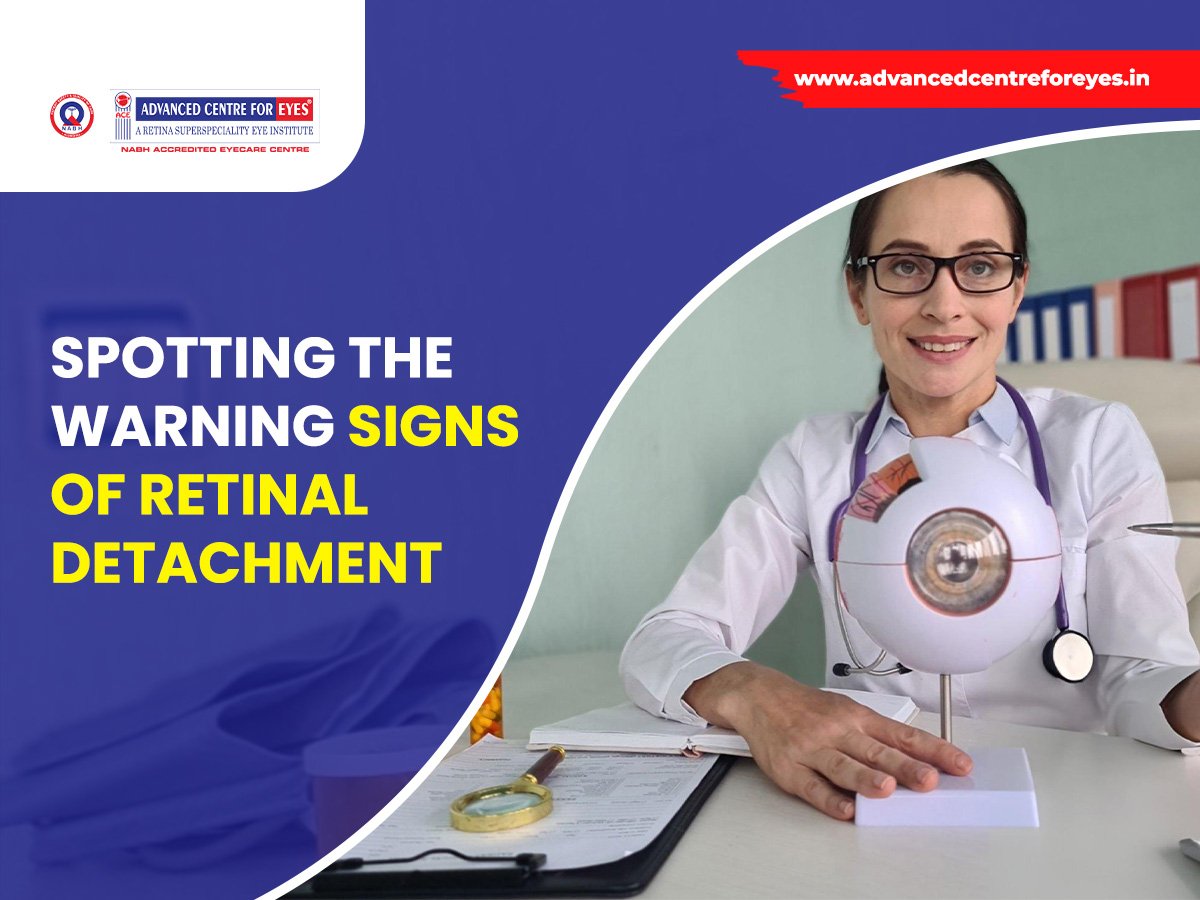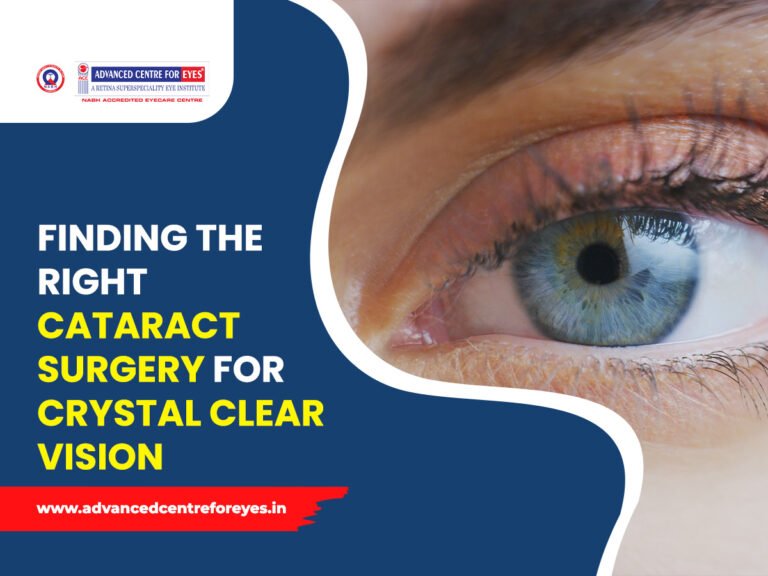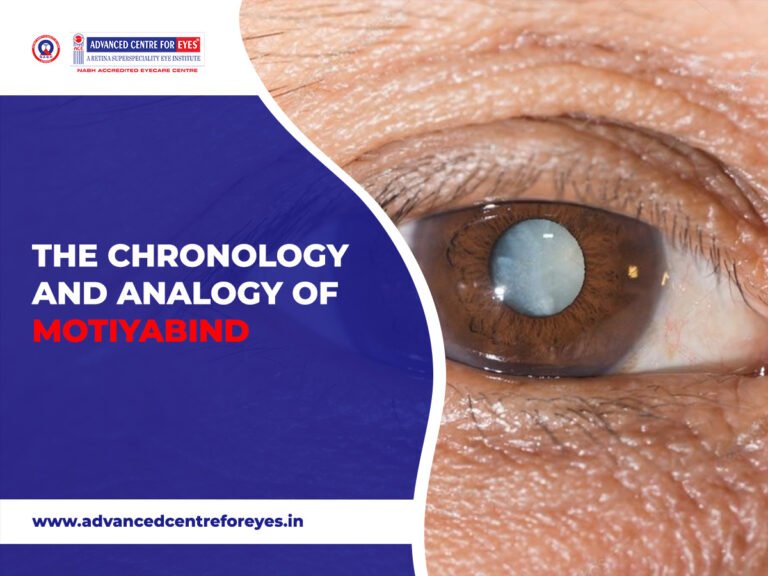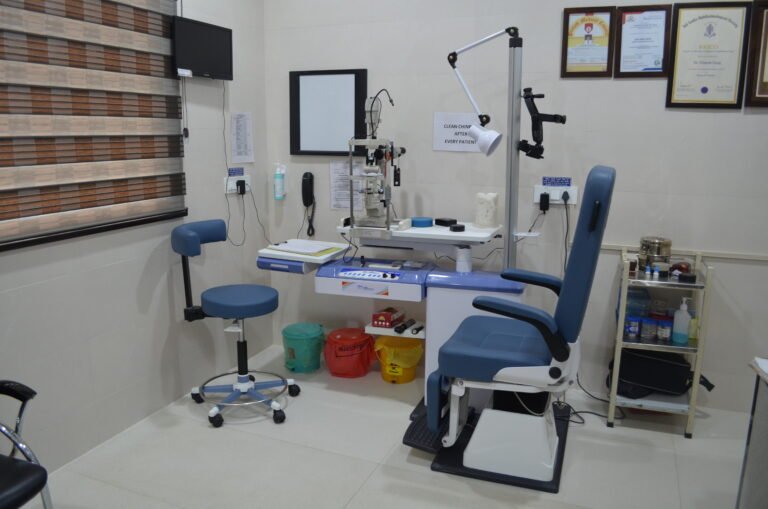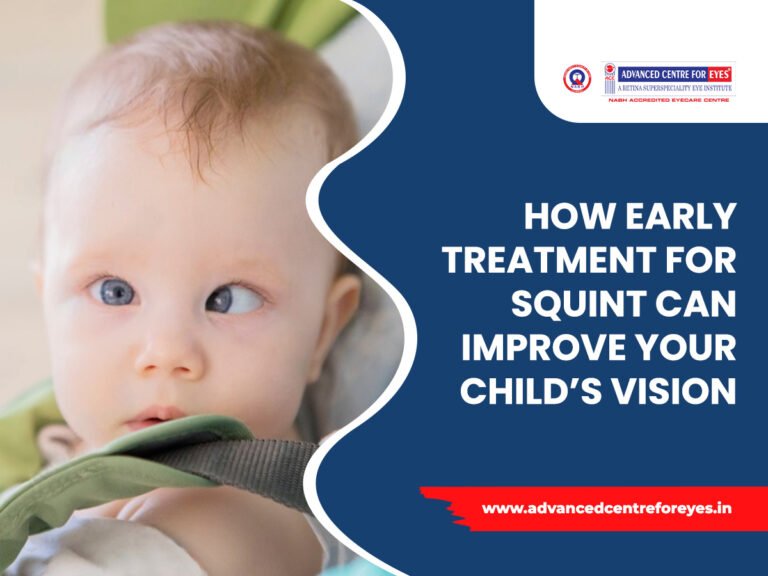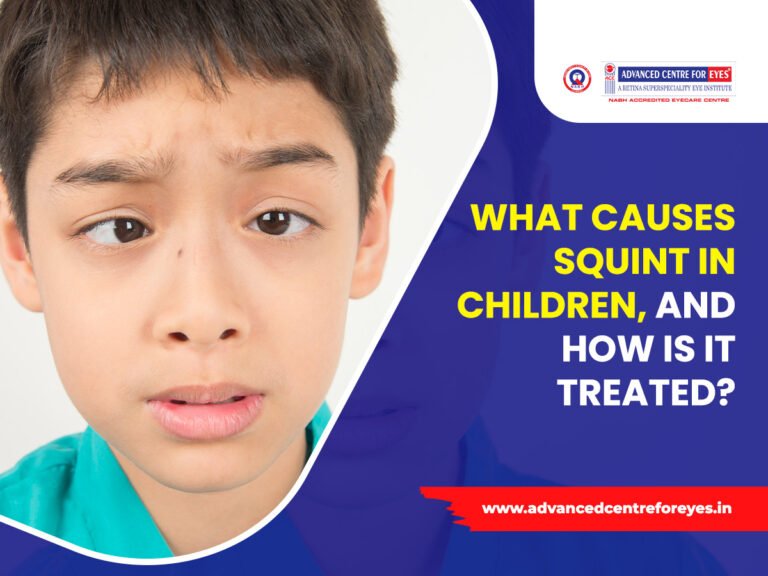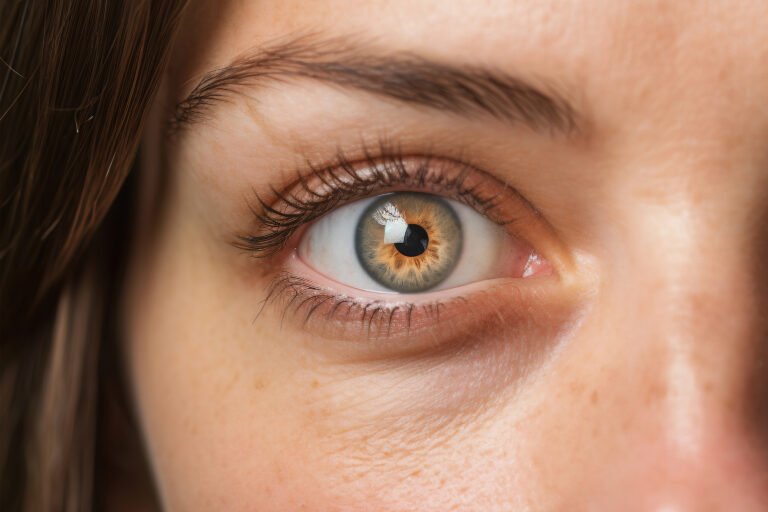Spotting The Warning Signs Of Retinal Detachment
Have you ever wondered how your eyes work to help you see the world around you? One important part of the eye is the retina. The retina is like the screen at the back of your eye that helps capture images and send them to your brain. But what if something goes wrong with your retina? One problem that can happen is called retinal detachment. When this happens, it’s important to act quickly to prevent serious problems with your vision. Let’s explore what retinal detachment is, the warning signs, and how retina treatment in Ludhiana can help if you ever face this issue.
What is the retina?
Before we dive into the warning signs, let’s understand what the retina is. Imagine your eye as a camera. Just like how a camera has a lens and a screen, your eye has a lens at the front and the retina at the back. The retina is a thin layer of tissue that lines the back of your eye. It captures light and helps create images by sending signals to your brain through the optic nerve. Your brain then processes these signals, allowing you to see things clearly.
What is retinal detachment?
Retinal detachment is when the retina starts to pull away from its normal position at the back of the eye. This can happen because of several reasons, such as an injury to the eye, aging, or certain health problems. When the retina detaches, it can’t function properly, which means it can’t send clear signals to your brain. If this isn’t treated quickly, it can lead to permanent vision loss.
Luckily, there are ways to fix it, and doctors who specialize in retina treatment in Ludhiana can help people with this condition. But first, it’s important to know the warning signs so you can get help right away.
The early warning signs of retinal detachment
Retinal detachment doesn’t usually hurt, which can make it hard to notice at first. However, there are several warning signs you can look out for. If you or someone you know experiences any of these symptoms, it’s important to see an eye doctor right away:
- Flashes of light: If you suddenly start seeing bright flashes of light, especially when you move your eyes, it could be a sign of retinal detachment. These flashes may look like lightning bolts and happen even when your eyes are closed. This happens because the retina is pulling away from the back of the eye, which can cause the brain to sense light.
- Floaters in your vision: Floaters are tiny specks or cobweb-like shapes that seem to float around in your field of vision. While it’s normal to have a few floaters, a sudden increase in the number of floaters could be a sign of retinal detachment. These floaters are actually tiny bits of tissue or blood that are floating around inside the eye.
- Shadows or dark spots: Some people with retinal detachment see dark shadows or a curtain-like effect across part of their vision. This shadow can start small and grow over time, blocking more and more of your vision. If you notice this happening, it’s very important to seek help as soon as possible.
- Blurred vision: Another sign of retinal detachment is blurry or distorted vision. You might find that things look wavy, or straight lines appear curved. This is because the retina isn’t positioned correctly and can’t send clear images to the brain.
- Loss of peripheral vision: Peripheral vision is what you can see out of the corners of your eyes without turning your head. If you start losing this side vision, it could mean your retina is detaching. This can make it feel like you’re looking through a tunnel or a narrow opening.
Why it’s important to act fast
If you notice any of these warning signs, it’s important to act quickly. Retinal detachment is a medical emergency, and delaying treatment can lead to permanent vision loss. The good news is that doctors who provide retina treatment in Ludhiana can perform surgeries and other treatments to fix the retina and restore vision.
The sooner the problem is treated, the better the chances of saving your sight. That’s why it’s important to never ignore symptoms like flashes, floaters, or blurry vision. If you experience any of these, tell an adult and visit an eye doctor as soon as possible.
What causes retinal detachment?
Retinal detachment can happen to anyone, but some factors make it more likely. Here are some common causes:
- Aging: As we grow older, the gel-like substance inside our eyes (called the vitreous) can shrink and pull on the retina. This is a natural part of aging but can sometimes cause the retina to tear or detach.
- Eye injuries: Getting hit in the eye or suffering from an eye injury can increase the risk of retinal detachment. Always protect your eyes when playing sports or doing activities that could lead to injury.
- Previous eye surgery: If you’ve had eye surgery in the past, such as cataract surgery, you may have a higher chance of retinal detachment.
- Family history: If someone in your family has had retinal detachment, you might be more likely to have it as well. It’s important to be aware of any family history of eye problems.
- Medical conditions: People with certain medical conditions, like diabetes or severe nearsightedness, are at a higher risk of retinal detachment.
Knowing what causes retinal detachment can help you take steps to protect your eyes and avoid this serious problem.
How is retinal detachment treated?
If retinal detachment happens, doctors have several ways to fix it. The type of treatment depends on how severe the detachment is and where the retina has pulled away. Here are some common treatments:
- Laser surgery: Sometimes, doctors can use a laser to seal small tears in the retina before it completely detaches. This can stop the retina from pulling away further and prevent vision loss.
- Freezing treatment (cryotherapy): In some cases, doctors use freezing therapy to repair the retina. This treatment helps seal the retina back in place.
- Pneumatic retinopexy: This is a special procedure where the doctor injects a small bubble of gas into the eye. The bubble presses against the retina, helping it reattach to the back of the eye. Over time, the bubble goes away on its own.
- Vitrectomy: In more serious cases, doctors may perform a surgery called vitrectomy. During this surgery, they remove the gel inside the eye (the vitreous) and replace it with a special fluid to hold the retina in place while it heals.
If you live in Ludhiana or nearby, you can find excellent doctors who specialize in retina treatment in Ludhiana. These experts use the latest techniques to help people recover from retinal detachment and restore their vision.
How to protect your eyes
While retinal detachment can’t always be prevented, there are things you can do to protect your eyes and reduce the risk of serious problems:
- Wear protective eyewear: If you’re playing sports or doing activities that could lead to an eye injury, always wear protective goggles or eyewear. This can help prevent injuries that could lead to retinal detachment.
- Get regular eye check-ups: Seeing an eye doctor regularly can help catch problems early before they become serious. Even if your vision seems fine, it’s important to have your eyes checked at least once a year.
- Know your family history: If retinal detachment runs in your family, be extra careful about watching for warning signs. Let your doctor know about any family history of eye problems.
- Control medical conditions: If you have a condition like diabetes or high blood pressure, work with your doctor to keep it under control. This can help protect your eyes and lower the risk of retinal detachment.
- Avoid rubbing your eyes: Rubbing your eyes too hard can put pressure on the retina and increase the risk of detachment. If your eyes feel irritated, use eye drops or a cold compress instead of rubbing them.
Conclusion
Retinal detachment is a serious eye problem that can lead to vision loss if not treated right away. By knowing the warning signs—like flashes of light, floaters, and blurry vision—you can take action quickly to protect your sight. Remember, doctors who provide retina treatment in Ludhiana are experts in helping people recover from retinal detachment. If you or someone you know experiences any symptoms, don’t wait—see an eye doctor as soon as possible.
Read more: Retina Specialist in Ludhiana with Advanced Eye Care Services
